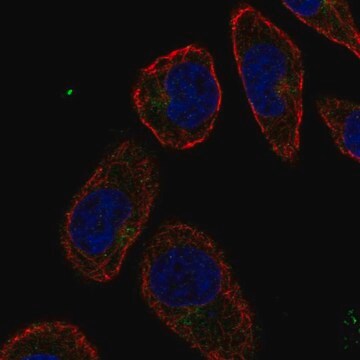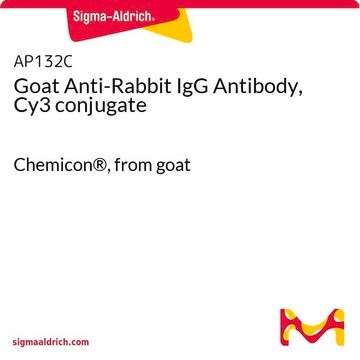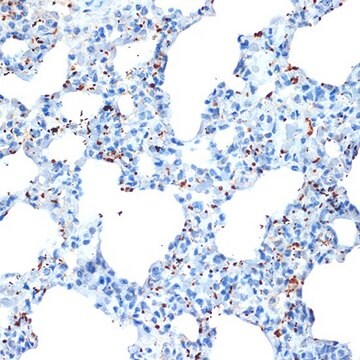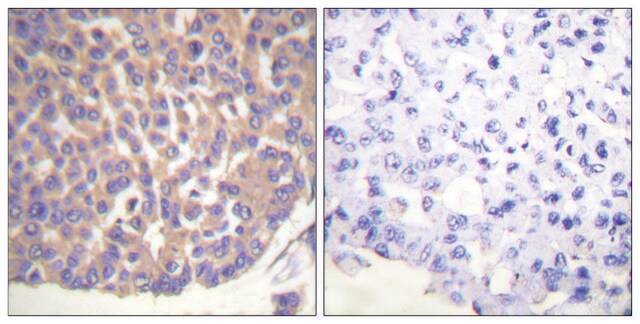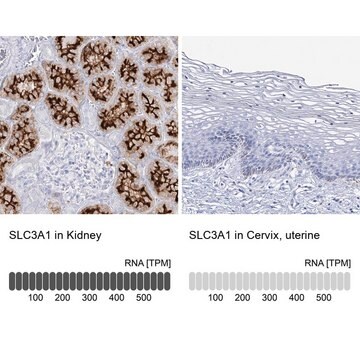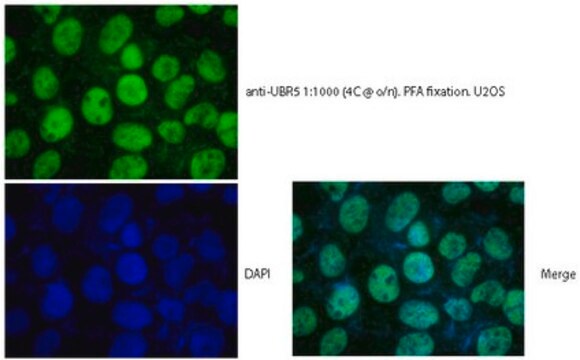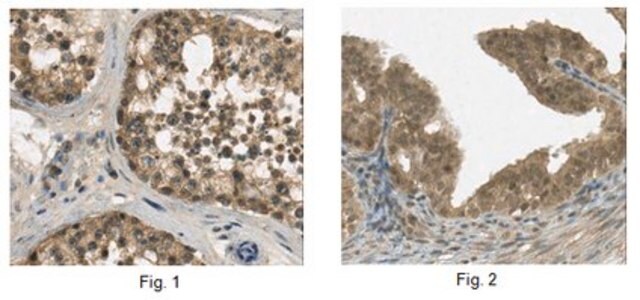SCC704
3dGRO® Pancreatic Organoids (PPTO.30)
Synonym(s):
organoid, PDO, cancer organoid, tumor organoid, 3d cell culture, pancreatic cancer, PDCAC organoid, cancer, organoid cell line
About This Item
Recommended Products
biological source
human
Quality Level
packaging
vial of ≥1500 organoids/vial vials
manufacturer/tradename
Millipore
technique(s)
cell culture | mammalian: suitable
cell culture | stem cell: suitable
shipped in
liquid nitrogen
storage temp.
−196°C
General description
Recent breakthroughs in three-dimensional (3D) culture methods have led to the development of organoid culture platforms, which allow researchers to perform translational research on long-term in vitro cultures not limited by barriers present in 2D culture or animal models. We now offer a comprehensive collection of patient derived pancreatic ductal adenocarcinoma cancer (PDAC) organoids for cancer research and drug discovery applications.
Cell Line Characteristics
- Sex: Male
- Age: 73 Years
- Organ: Pancreas (Primary Tumor)
- Disease: Ductal Adenocarcinoma (KRAS mutation: G12D)
Application
- Viability: >=1500 viable organoids/vial
- Organoid Growth: Pass
- Cells are tested negative for infectious diseases by a Human Essential CLEAR panel by Charles River Animal Diagnostic Services.
- Mycoplasma Contamination: Negative
- STR Profile: Pass
Features and Benefits
Storage and Stability
Legal Information
Disclaimer
Storage Class Code
12 - Non Combustible Liquids
WGK
WGK 2
Flash Point(F)
Not applicable
Flash Point(C)
Not applicable
Regulatory Listings
Regulatory Listings are mainly provided for chemical products. Only limited information can be provided here for non-chemical products. No entry means none of the components are listed. It is the user’s obligation to ensure the safe and legal use of the product.
ISHL Indicated Name
Substances Subject to be Indicated Names
ISHL Notified Names
Substances Subject to be Notified Names
JAN Code
SCC704:
Certificates of Analysis (COA)
Search for Certificates of Analysis (COA) by entering the products Lot/Batch Number. Lot and Batch Numbers can be found on a product’s label following the words ‘Lot’ or ‘Batch’.
Already Own This Product?
Find documentation for the products that you have recently purchased in the Document Library.
Our team of scientists has experience in all areas of research including Life Science, Material Science, Chemical Synthesis, Chromatography, Analytical and many others.
Contact Technical Service